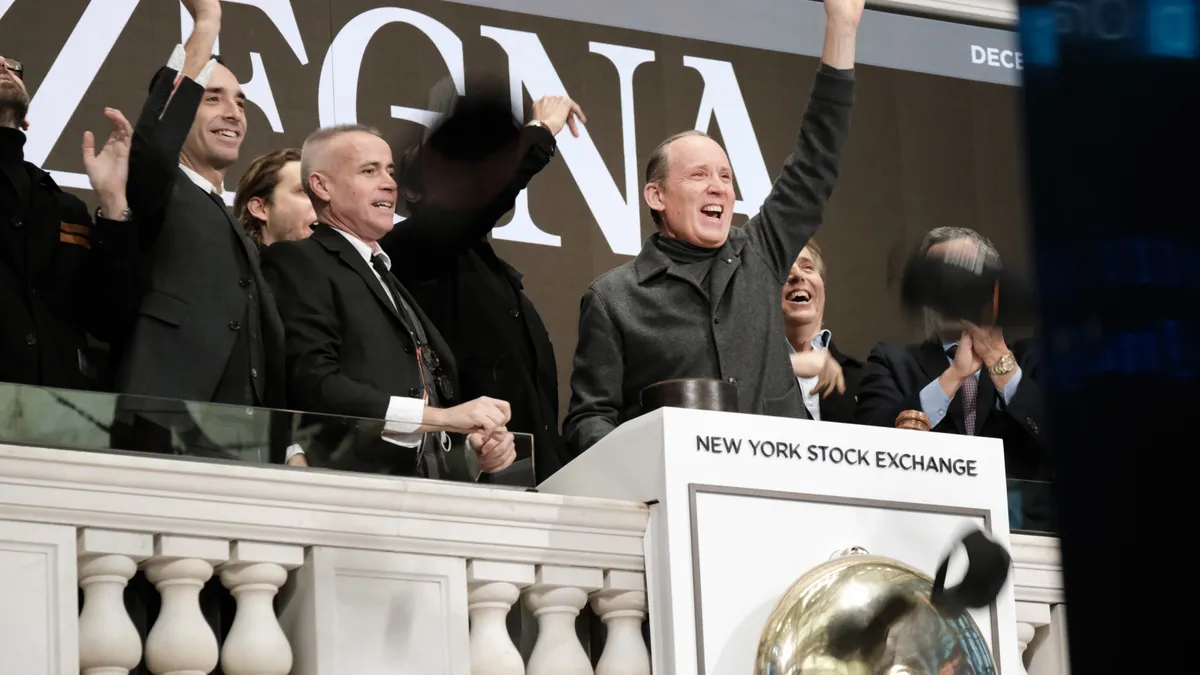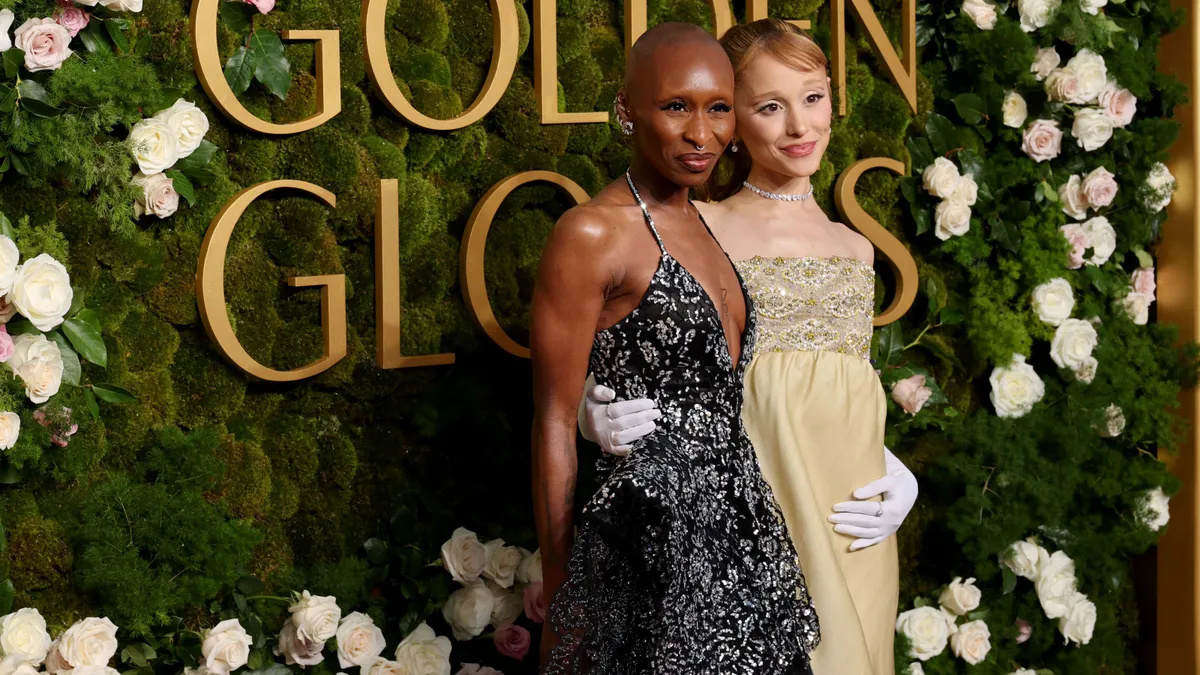Dive Brief:
- Ermenegildo Zegna Group, which owns the Zegna and Thom Browne brands, reported Thursday revenue for 2022 reached about $1.6 billion (1.5 billion euros), up 15.5% year-over-year.
- Excluding the Greater China Region, which was impacted by COVID-19 restrictions, 2022 revenues were up 42% year-over-year. Zegna Group profits were about $71.4 million, and overall earnings were on par with the company’s January guidance.
- In 2022, the group, formerly called Ermenegildo Zegna, rebranded and merged its Ermenegildo Zegna, Z Zegna, and Ermenegildo Zegna XXX brands into a single consolidated entity, called Zegna One Brand.
Dive Insight:
In its earnings call, Ermenegildo “Gildo” Zegna, chairman and chief executive officer said last year’s performance “reflects the strong momentum and desirability of our brands as well as the soundness and success of our strategy and execution.”
At the same time, he noted that conditions in China had negatively impacted the company.
“I am optimistic that the reopening of the Greater China Region following COVID-19-related restrictions, together with the positive response to our collections we are seeing from our customers worldwide, will continue to drive the growth of our global business,” he said. “However, it is important to acknowledge that current financial uncertainties and an ever-changing global environment have the potential to affect consumer attitudes and buying patterns.”
In 2021, Zegna became the first Italian luxury brand to be listed on the New York Stock Exchange.
It had previously purchased menswear suiting brand Thom Browne, in 2018. In late 2022, the 113-year-old Zegna inked a deal with Estée Lauder to become the long-term licensee for the Tom Ford brand and all its intellectual property, including its men’s and women’s fashion, accessories and underwear, fine jewelry, childrenswear, textile and home design products.
The group’s long-term financial goals are ambitious, and aim to exceed $2 billion in revenue by the end of 2025, excluding its Tom Ford fashion business. Those goals were hinged on the caveat that there would be “no further future escalation of the war in Ukraine, no significant macroeconomic or financial markets deterioration, no further disruption linked to the COVID-19 pandemic in the GCR or elsewhere, and no other unforeseen events.”











